ITC-CSCC 2025
July 7(Mon) – 10(Thu) / Chung-Ang University, Seoul, South Korea
Program
-
Full-Paper Submission Begin
February, 2025 -
Notification of Acceptance
March 31, 2025April 25, 2025 -
Notification of Paper Acceptance
May 15, 2025 -
Camera-Ready Paper Submission Deadline
May 31, 2025
TODAY 2025. 07. 12
ITC-CSCC 2025
D-0
Tutorials
Next AI Evolution with AI Training Accelerator: Opportunities and Challenges
Presenter
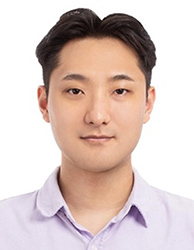
Assistant Prof. Donghyeon Han
- Chung-Ang University, South Korea
Abstract
Currently, business models using AI can be divided into the ‘cloud AI’ model, which provides AI inference results through the cloud, and the ‘on-device AI’ model, which performs AI inference on the device itself without requesting the cloud.
In both business models, AI models are pre-trained on servers that already have large data sets and computational capabilities, and only the inference of the corresponding models is provided to consumers. However, the servers built for AI model training use so much electricity and energy that a separate nuclear power plant would be needed, which is criticized for causing high costs and environmental problems such as global warming.
The lightweight ‘on-device AI’ models are small and efficient, so they do not have the large-scale power consumption problem of ‘cloud AI’, but the performance of the AI itself is low, so they do not provide high user satisfaction. To solve the low performance problem of ‘on-device AI’, user-specific optimization with AI tuning or training is necessary, but the existing on-device AI processors can only support AI inference, making such user optimization impossible.
Therefore, the developments of both high-energy-efficiency cloud AI training processors and low-latency, low-power on-device AI training processors are in the spotlight. This presentation will introduce the opportunities and challenges of AI training processor design compared with the modern AI accelerators focusing on inference. It will also explain the existing solutions which targets efficient and low-latency AI training.
Bio
Donghyeon Han received the B.S., M.S., and Ph.D. degrees from the school of electrical engineering of Korea Advanced Institute of Science and Technology (KAIST), Daejeon, South Korea, in 2017, 2019 and 2023, respectively. He is currently an Associate Professor with the School of Electrical and Electronics Engineering, Chung-ang University, Seoul, South Korea. Before joining Chung-ang University as faculty member, he was a postdoctoral associate at Department of Electrical Engineering and Computer Science, Massachusetts Institute of Technology (MIT).
His current research interests include low-power system-on-chip design, especially focused on on-device deep neural network training accelerators and hardware-friendly deep learning algorithms. He received both the best paper award and best live demo award at the 2022 IEEE International Conference on Artificial Intelligence Circuits and System (AICAS), the demonstration session certificate of recognition at the 2023 IEEE International Solid-State Circuits Conference (ISSCC).
Vision and Sensor-Based Systems for Human Activity Recognition Using Machine Learning
Presenter
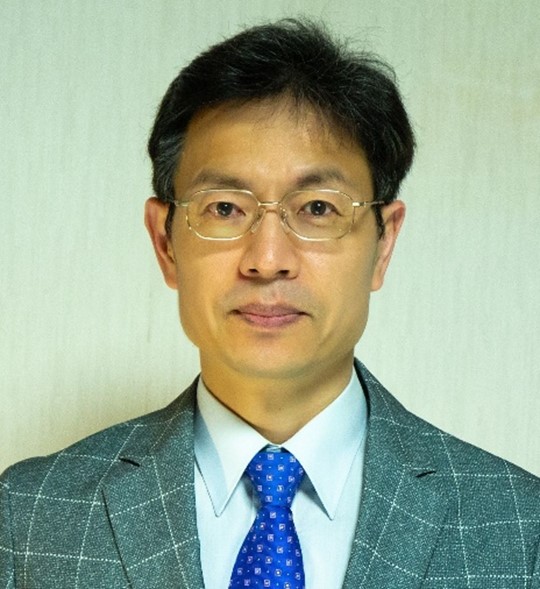
Prof. Jungpil SHIN
- The University of Aizu, Japan
Abstract
My research journey has been driven by a vision of building an inclusive information society where communication is seamless and built on mutual trust. This vision began during my university studies on pattern recognition and led me to explore biometric authentication through verification and identification technologies. I developed innovative algorithms in recognition, verification, and synthesis—particularly in pen computing and digital image processing—focusing on advanced character recognition, digital brush simulations, and learning systems using devices such as tablets and Kinect sensors.
Expanding into Human-Computer Interaction (HCI), I introduced efficient gesture recognition algorithms and non-touch input interfaces to enhance communication between humans and computers. By integrating traditional methods with modern techniques, I have advanced the field of human and gesture recognition. My work leverages cutting-edge tools such as Superpixel and SLIC segmentation, along with deep learning models like CNNs, RNNs, and Graph Convolutional Networks. I also apply Multi-head Self-Attention for better dynamic gesture analysis, Channel Attention for optimal feature selection, and Residual Connections to address vanishing gradient issues.
Currently, my research is focused on the intersection of HCI and Natural User Interfaces (NUI), particularly in non-touch interaction and medical applications. My medical-related projects include: (a) automatic evaluation of falls, abnormal movements, and fitness activity using machine and deep learning; (b) recognition and clinical analysis of neurological disorders such as Parkinson’s disease through handwriting and gesture patterns; and (c) diagnosing ADHD and ASD using advanced image processing and deep learning.
Bio
JUNGPIL SHIN (Senior Member, IEEE) received the B.Sc. degree in computer science and statistics and the M.Sc. degree in computer science from Pusan National University, South Korea, in 1990 and 1994, respectively, and the Ph.D. degree in computer science and communication engineering from Kyushu University, Japan, in 1999, under a scholarship from the Japanese Government (MEXT). He was an Associate Professor, a Senior Associate Professor, and a Full Professor with the School of Computer Science and Engineering, The University of Aizu, Japan, in 1999, 2004, and 2019, respectively. He has co-authored more than 440 published papers for widely cited journals and conferences. His research interests include pattern recognition, image processing, computer vision, machine learning, human–computer interaction, non-touch interfaces, human gesture recognition, automatic control, Parkinson’s disease diagnosis, ADHD diagnosis, user authentication, machine intelligence, bioinformatics, and handwriting analysis, recognition, and synthesis. He is a member of ACM, IEICE, IPSJ, KISS, and KIPS. He serves as an Editorial Board Member for Scientific Reports. He was included among the top 2% of scientists worldwide edition of Stanford University/Elsevier, in 2024. He served as the general chair, the program chair, and a committee member for numerous international conferences. He serves as an Editor for IEEE journals, Springer, Sage, Taylor & Francis, Sensors (MDPI), Electronics (MDPI), and Tech Science. He serves as a reviewer for several major IEEE and SCI journals.
Advancing Hybrid Movie Recommendation Systems: Integrating Content-Based, Collaborative Filtering, and Deep Learning Approaches
Presenter
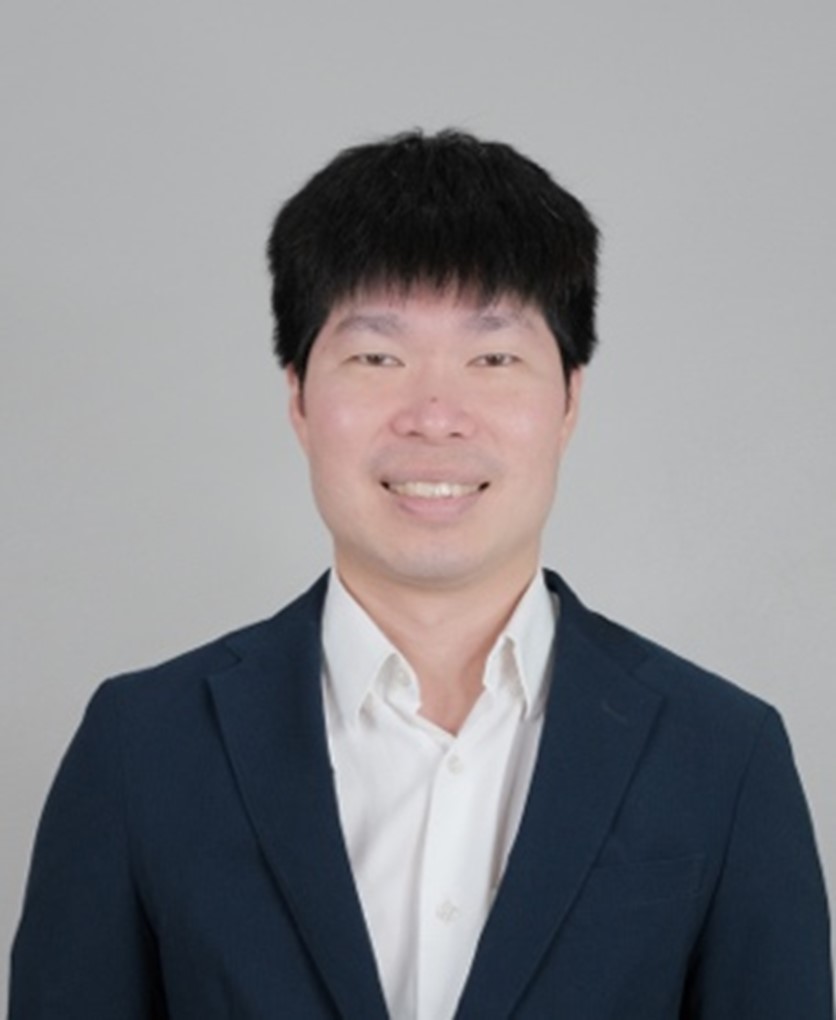
Assistant Prof. Dr. Kampol Woradit
- Chiang Mai University, Thailand
Abstract
This tutorial explores the evolution of hybrid movie recommendation systems, focusing on the integration of content-based and collaborative filtering techniques enhanced by deep learning and advanced similarity measures. The session begins with a foundational overview of content-based and collaborative filtering methods, laying the groundwork for understanding their strengths, limitations, and the motivation behind hybrid approaches. The tutorial then explores three published studies that tackle key challenges such as data sparsity and cold-start issues in recommendation models. The first study presents a deep neural network framework leveraging user vocabulary preferences to improve personalized recommendations. The second introduces a similarity graph-based approach that enhances collaborative filtering accuracy by navigating user-movie interaction paths. The third combines matrix factorization with log-likelihood content comparison to optimize performance and mitigate information loss. Attendees will gain insights into novel methodologies that improve hit rate and ranking accuracy. This tutorial aims to equip researchers and practitioners with strategies to design more robust and effective recommendation systems.
Bio
Kampol Woradit received the B.Eng. (Hons.) and Ph.D. degrees in electrical engineering from Chulalongkorn University, Thailand, in 2002 and 2010, respectively. He was a Faculty Member with the Department of Electrical Engineering at Srinakharinwirot University, Thailand, from 2010 to 2020. He is currently a Faculty Member with the Department of Computer Engineering at Chiang Mai University, Thailand. His research interests include wireless communications, the Internet of Things, and physical layer security. He received the ECTI-CON Best Paper Award in 2019.
Any Point Tracking for Video Understanding and Generation
Presenter
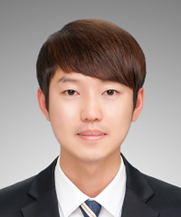
Prof. Seungryong Kim
- KAIST, South Korea
Abstract
Abstract: Understanding and generating video content in a comprehensive manner requires capturing its motion dynamics, for which any point tracking plays a crucial role. As a fundamental technique for modeling motion in videos, any point tracking has recently become an active area of research in the field of artificial intelligence and computer vision. In this seminar, we will define the task of any point tracking and explore various approaches developed to tackle this challenging problem. Furthermore, we will briefly discuss how any point tracking can be effectively leveraged in the era of video generative models.
Bio
Associate Professor, Graduate School of AI, KAIST (2024-)
Assistant Professor, Korea University (2020-2024)
Postdoctoral Researcher, EPFL (2019-2018)
Postdoctoral Researcher, Yonsei University (2018-2019)
PhD, Yonsei University (2018)
BS, Yonsei University (2012)
Mobility and Performance Evaluation of Mobile Networks
Presenter
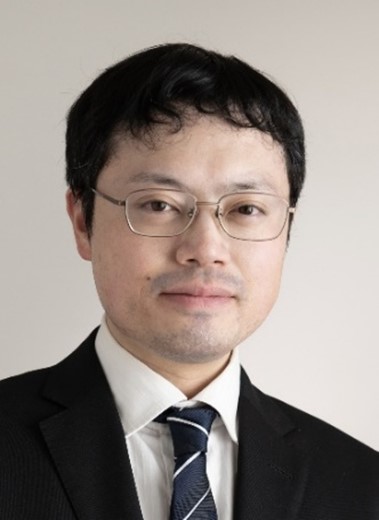
Prof. Kazuyuki Miyakita
- Niigata University, Japan
Abstract
In mobile networks, mobility and network performance are deeply related. After the emergence of cellular mobile communication systems, effects of mobility on network performance have been analyzed by computer simulation as well as theoretical methods. The past studies in the early stage of this research area considered how often mobility causes hand off operations and what is the failure ratio considering the effects of mobility. In such research, mobility models have to be defined, and many mobility models have been considered. Other than cellular systems, a mobile multi-hop network, which consists of mobile terminals and wireless direct links, is affected by mobility of terminals in its topology. For evaluation of these networks, the random waypoint model (RWP) has been widely used as a standard. In addition, RWP itself becomes object of interest, and its property has been shown in some articles.
Furthermore, epidemic communication and information floating, which are used in delay tolerant networks (DTNs), are proposed to be used to deliver warning messages in disasters. In this application, mobile terminals change their behavior after receiving warnings, and this behavior change affects network performance. This is a novel effect of mobility on networks. More recently, the authors proposed virtual road networks in the sky, which are used for drones to increase wireless direct communication opportunity, and this is considered as another kind of behavior change of mobile terminals.
In this tutorial, we explore the impact of mobility models on network performance through a series of specific examples, including cellular networks, multi-hop wireless networks, epidemic communication, information floating, and inter-drone communication. We introduce various mobility models designed or applied in these contexts, and discuss how their characteristics affect the network performance. Through this, we aim to provide insights into the significance of using appropriate mobility models in mobile network research.
Bio
Kazuyuki Miyakita received a B.E. degree from the National Institution of Academic Degrees in 2005 and M.E. and Ph.D. degrees from Niigata University in 2007 and 2010, respectively. He is currently an associate professor in the Faculty of Engineering at Niigata University. He received the Young Researcher's Award from IEICE in 2009, the Best Research Awards from IEICE ICTSSL in 2018 and 2025, and the Service Award from IEICE Engineering Sciences Society in 2019. He is a senior member of IEICE and a member of IEEE.
Hosted by
- The Institute of Electronics and Information Engineers (IEIE), Korea
- Chung-Ang University (CAU), Korea
- The Institute of Electronics, Information and Communication Engineers (IEICE), Japan
- The Electrical Engineering/Electronics, Computer, Telecommunications and Information Association (ECTI), Thailand





